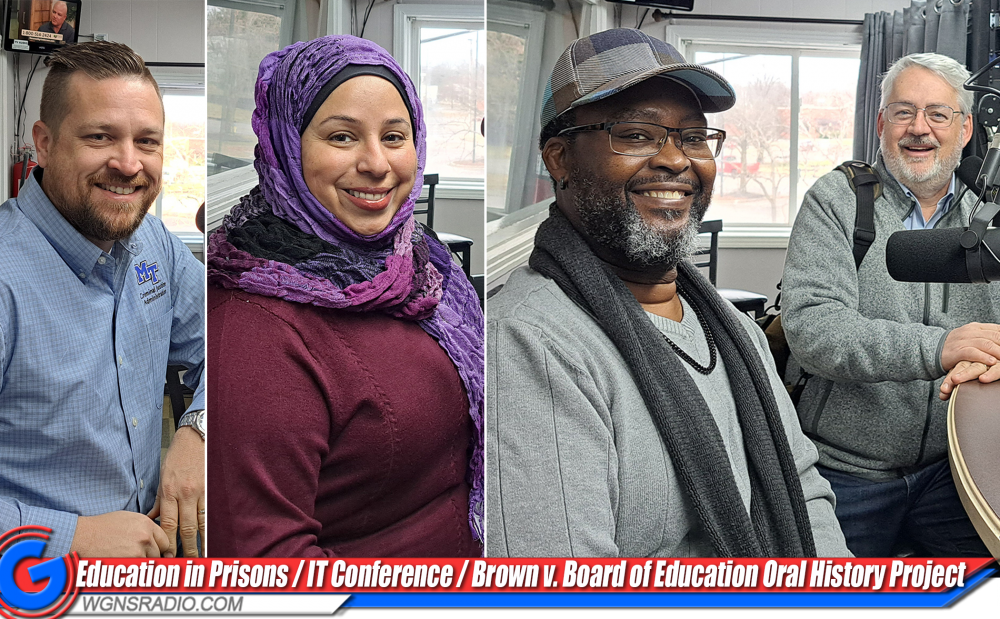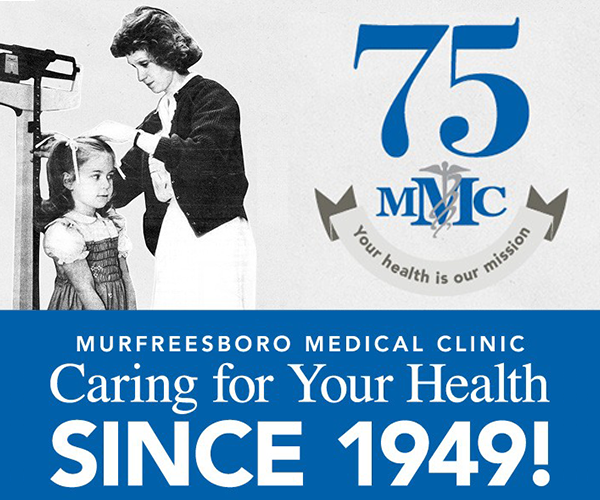SEGMENT ONE GUEST: Dr. Ben Stickle, professor of criminal justice administration
TOPIC: Study showing benefit of prison education programs
The most extensive meta-analysis conducted to date on the impact of prison education programs in the U.S. has been published in the American Journal of Criminal Justice as an Open Access (free) article, “Are Schools in Prison Worth it? The Effects and Economic Returns of Prison Education.”
Spearheaded by Dr. Ben Stickle and co-authored by Dr. Steven Sprick Schuster, the study offers a comprehensive look into the tangible and societal benefits of prison education.
Key Highlights:
- Recidivism: Prison education programs decrease recidivism rates by a staggering 14.6%.
- Employment: Participating inmates increase their chances of post-incarceration employment by 6.9%.
- Wages: Enrolled ex-offenders witness a boost in their quarterly earnings by $131.
With the rising costs of imprisonment, and the tangible and intangible societal costs linked to crime, these findings suggest that prison education is not only a tool for reform but also a cost-effective strategy for society.
The research compiled 148 estimates from 78 significant research papers, delving into the effects of different education types, from basic adult education to college degrees. College education emerged as the most effective in reducing recidivism, boasting a 27.7% drop, despite its relatively higher costs. On the flip side, vocational programs, even though less expensive, offer the highest return on investment, signaling $3.10 for every dollar spent.
"Prison education isn't just about reducing return rates to prison, but also about giving individuals a better chance at productive employment and a stable life post-incarceration," said Dr. Sprick Schuster. "The societal benefits, from a cost perspective and in terms of community safety, are undeniable."
SEGMENT TWO GUEST: Dr. Sam Zaza, associate professor of information systems and analytics
TOPIC: Spring IT conference hosted at MTSU to serve as springboard to develop a culture of research among students and faculty
Middle Tennessee State University will host a spring conference on information technology that organizers hope will serve as a springboard for a university-led initiative to further develop a culture of research across the university, particularly among undergraduate students.
For the first time, MTSU’s Department of Information Systems and Analytics in the Jones College of Business is hosting and sponsoring the 2024 ACM SIGMIS Computers and People Research Conference set for May 29-June 1, 2024, at MTSU.
The theme for the conference is “Trust and Legitimacy in Emerging Technologies: Organizational and Societal Implications for People, Places and Power.”
ACM SIGMIS is the acronym for the Association for Computing Machinery, or ACM, and its Special Interest Group on Management Information Systems, or SIGMIS. Now more than 75 years old, the ACM touts itself as “the world’s largest educational and scientific computing society (that) delivers resources that advance computing as a science and a profession … and serves its members and the computing profession with leading-edge publications, conferences and career resources.”
“The ACM is one of the oldest, most prestigious IT organizations in the U.S,” said Sam Zaza, MTSU associate professor of information systems and analytics and chair of the conference. “SIGMIS has been running this conference for over 50 years, and the Data Base for Advances in Information Systems is the journal attached to the SIG. … This is a great opportunity for students to have their work peer-reviewed and maybe even published in a well-respected journal.”
MTSU students (undergraduate, graduate and Ph.D.) and faculty across all disciplines are encouraged to start preparing now to participate in a conference that explores research surrounding the intersection of information technology and people and emerging topics in the field such as bias within artificial intelligence and how to address it.
Zaza hopes to use the spring conference as a jumpstart for an annual MTSU conference that provides opportunities each year for students at all levels and faculty to collaborate and have peer-to-peer interactions surrounding research related to information systems and technologies.
Learn more at https://mtsunews.com/acm-sigmis-conference-2024-advance/.
SEGMENT THREE GUESTS: Dr. Louis Kyriakoudes, director of the Albert Gore Research Center, and Jason McGowan, oral historian with the Gore Center
TOPIC: The Center’s the Brown v. Board of Education Oral History Project funded by a $213,000 federal grant
Middle Tennessee State University’s Albert Gore Research Center has been awarded a $213,000 federal grant to fund the Brown v. Board of Education Oral History Project.
Funded by the Brown v. Board of Education National Historic Park in Topeka, Kansas, the 30-month research project will allow Gore Center staff to conduct extensive oral history interviews documenting the impact of the 1954 Supreme Court decision to end school segregation.
“The project is geared toward preserving the stories of people engaged in education in all facets and life in general in the communities that comprised the five cases that were combined to create the Brown case,” Gore Center director Louis Kyriakoudes said.
In addition to Topeka, cases in four other states formed the consolidated plaintiffs: Summerton, South Carolina; Farmville, Virginia; Washington, D.C.; and Wilmington, Claymont and Hockessin, Delaware.
“We will be interviewing people in these communities to capture the full history of the impact of the Brown decision and the story of educational equity leading up to our own time,” Kyriakoudes said.
In this milestone case, the Supreme Court ruled that segregating children in public schools on the basis of race was unconstitutional. The decision overturned the 1896 court decision in Plessy v. Ferguson, which upheld the principle of racial segregation under a separate-but-equal doctrine.
“Most of the fight was about equal access and the right to choose (schools) and the right to resources,” explained oral historian Jason R. McGowan, who will travel over the next 2 ½ years to collect stories from around 100 residents in these communities involved in the Brown case.
In some cases, parents wanted their children to attend the school that was a block away. Others wanted better educational materials and facilities, which were often subpar. By documenting the stories of everyday citizens, the complex history behind these struggles for integration will be preserved.
“We can find scholastic materials on the cases themselves. But what that neglects to inform us of are the people involved in the cases — their lives during this time of segregation going into integration,” said McGowan, a graduate of MTSU’s Master of Arts in Liberal Arts program, has served as the Gore Center’s National Endowment for the Humanities oral history fellow since 2022.
Learn more at https://mtsunews.com/mtsu-gore-center-brown-v-board-education-oral-history/.




